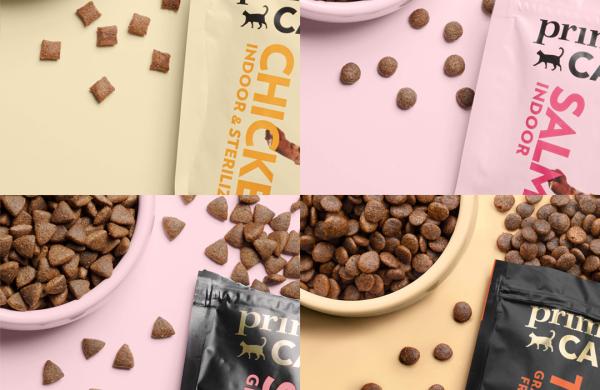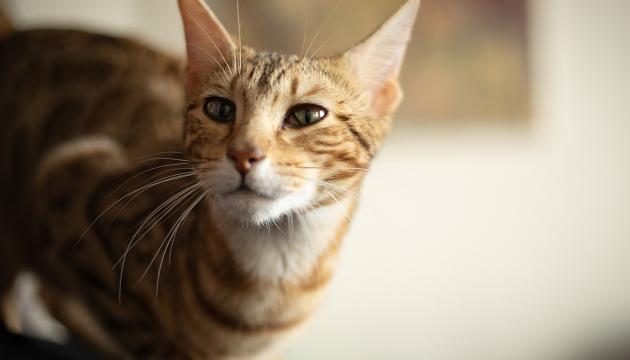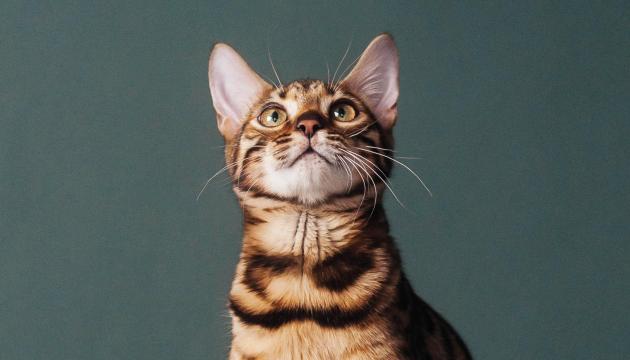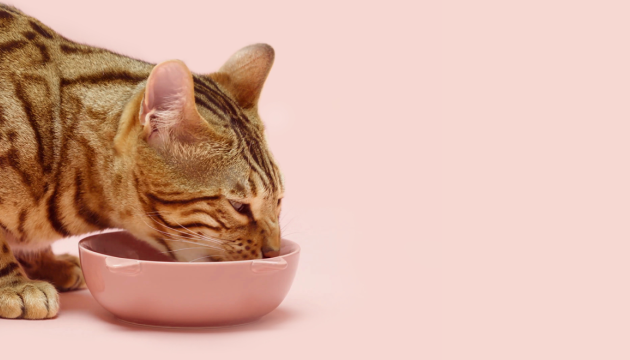

Minerals and vitamins for a cat
Cats need various nutrients from their food, as their bodies cannot produce these themselves. For example, for a cat on a raw diet, certain minerals and vitamins for a cat must be separately supplemented to ensure their intake is secure. Many of the vitamins for a cat as well as minerals, however, are those that cats obtain from meat, fish, and other animal-based ingredients.
In this article we have compiled important minerals and vitamins for a cat.
The cat is an obligate carnivore, for which amino acids obtained from meat and fish are particularly important. Read more about the basics of feeding cats.
Vitamins for a cat
Vitamin C
A cat's body can normally produce vitamin C itself, so there is no need for it to obtain it from food.
Vitamin B
Cats need to get vitamin B from their diet. Animal-based products, such as meat, liver, and fish, are good sources of these vitamins for a cat. Vitamin B affects the health of a cat's skin and coat as well as the functioning of its nervous system. Biotin is a B-group vitamin that helps strengthen a cat's coat and nails.
Vitamin A
Cats can only get vitamin A from the meat they consume, as they cannot convert carotenoids found in plants into vitamin A. Chicken liver is an excellent source of vitamin A that is essential for a cat's vision, skin, and immunity.
Vitamin D
Fat-soluble vitamin D enhances the absorption of calcium and phosphorus, and especially a cat's bones and teeth need vitamin D. This makes it a particularly important nutrient for a growing kitten as well. Read more about feeding a kitten. (LINK) Unlike humans, a cat's skin cannot produce vitamin D from sunlight, which is why necessary sources of vitamin D for cats include fatty fish and fish oil.
Vitamin E
Vitamin E is an antioxidant that protects the body from oxidation. Vitamin E is very essential for a cat if it eats a lot of fatty fish, such as salmon or tuna. Fat dissolves vitamin E from a cat's body, which can lead to yellow fat disease, or steatitis, caused by a deficiency of vitamin E.
Cats stay healthy and avoid illnesses related to nutrient shortages when minerals and vitamins for a cat are balanced.
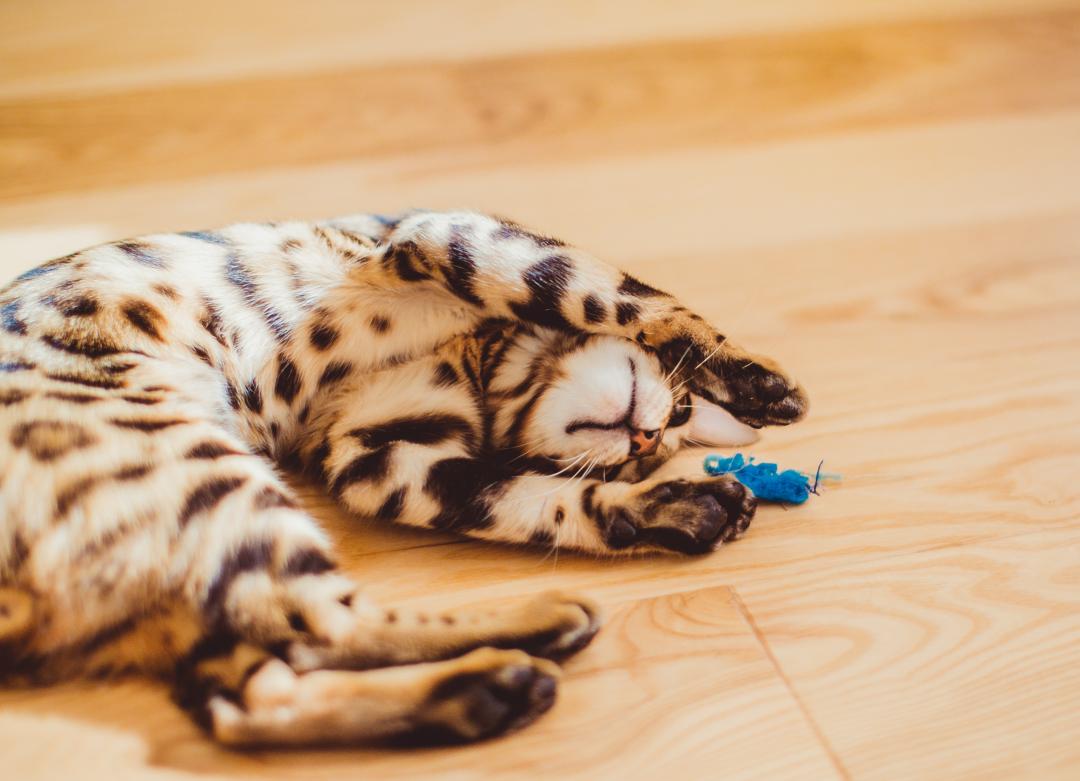
Minerals for a cat
Minerals are inorganic nutrients found in food, which cats need in sufficient amounts from their diet. Cats require minerals to support numerous bodily functions, such as tissue building and hormone regulation.
Cat food labels show the ash content, which tells you how much mineral material is left in the food after it has been burned. In dry cat foods, the ash content typically ranges from 4–8 percent, and in wet foods, it is about 2 percent, if they are complete cat foods. In supplementary cat foods, the ash content is lower. Explore the differences between complete and supplementary cat foods more closely.
Calcium
Calcium primarily serves as a building block for a cat's bones and teeth. In kittens, a calcium deficiency can lead to slowed growth, as well as skin and coat problems. Excessive calcium intake can impair the absorption of other minerals such as iron and zinc.
Phosphorus
In feeding cats, the balance between calcium and phosphorus must be maintained to keep their bones and teeth healthy. Phosphorus also plays a role in cellular metabolism. If a cat consumes too much phosphorus relative to calcium, calcium metabolism can be adversely affected. Meat is the primary source of phosphorus for cats.
Magnesium
Magnesium is involved in a cat’s energy metabolism, urine formation, bone development, and muscle function. It also helps in the absorption of calcium, phosphorus, and vitamins E and B. Excessive intake of magnesium has been linked to the formation of urinary crystals in cats. Read about different urinary tract issues in cats and how to prevent them through diet.
Zinc
Zinc is a crucial nutrient for the health of a cat's skin and coat, and it plays a vital role in the function of proteins that boost the immune system and reduce inflammation.
Iron
A cat's body needs iron to produce hemoglobin in red blood cells. A deficiency in iron can lead to anaemia. Liver is particularly a good source of iron for cats.
Manganese
Manganese helps regulate the activity of various proteins and is linked to a cat’s fertility and growth.
Copper
Copper is an antioxidant needed for the formation of bones and connective tissues in cats, as well as for the absorption of iron.
Iodine
Iodine is crucial for producing thyroid hormones and the functioning of the thyroid gland in cats. These hormones are involved in metabolism and the growth of kittens. Cats do not get enough iodine from meat alone, which is why it is often added to complete cat foods.
Selenium
Selenium works as an antioxidant alongside vitamin E and significantly affects the functioning of a cat’s immune system. Cats obtain selenium from meat and liver.
All PrimaCat's dry foods and the grain-free, meaty Classic wet foods are complete cat foods, providing your cat with all the nutrients it needs daily in the right proportions. Explore the products.
